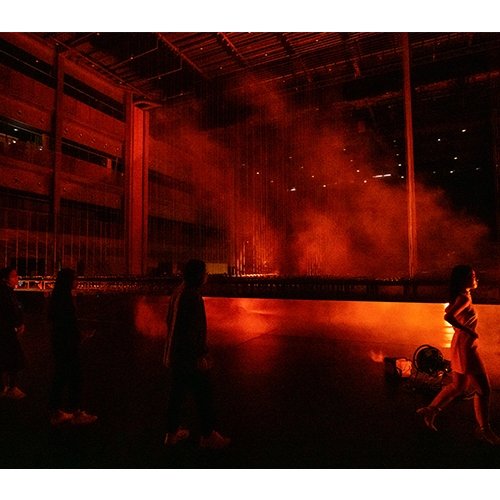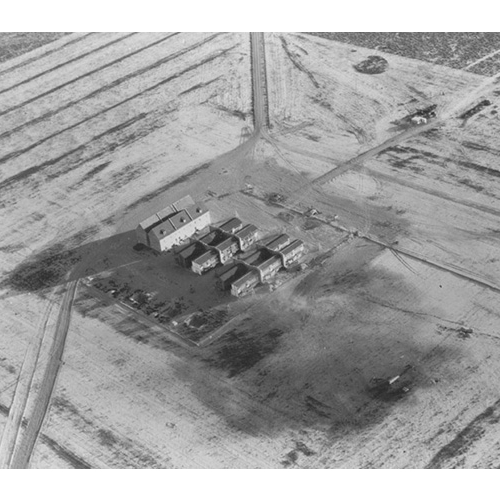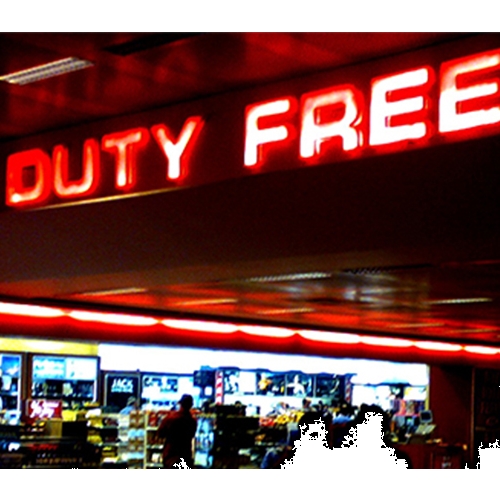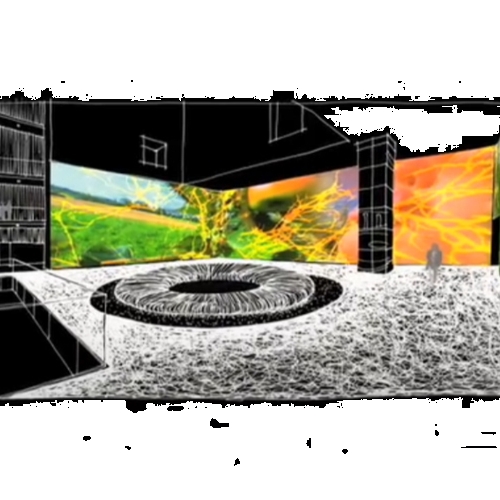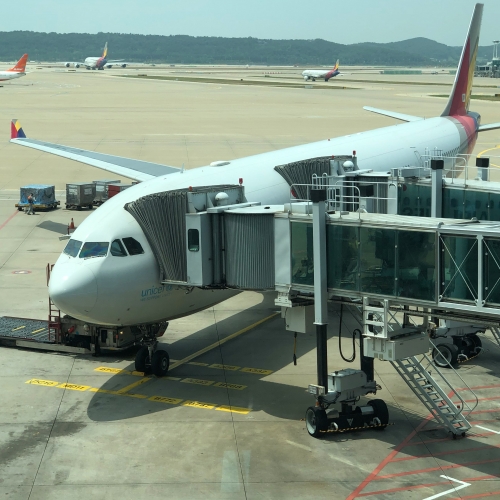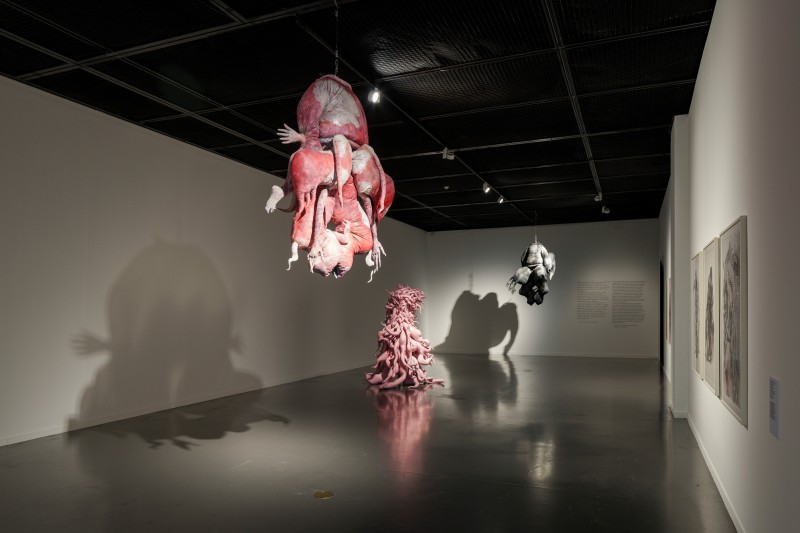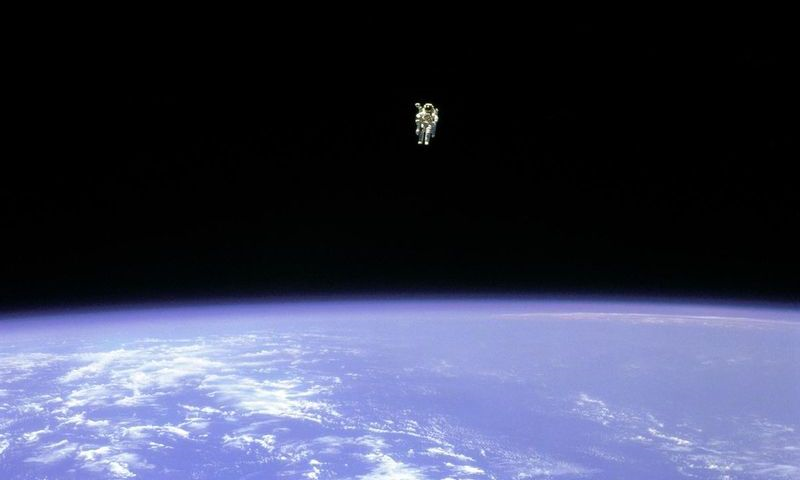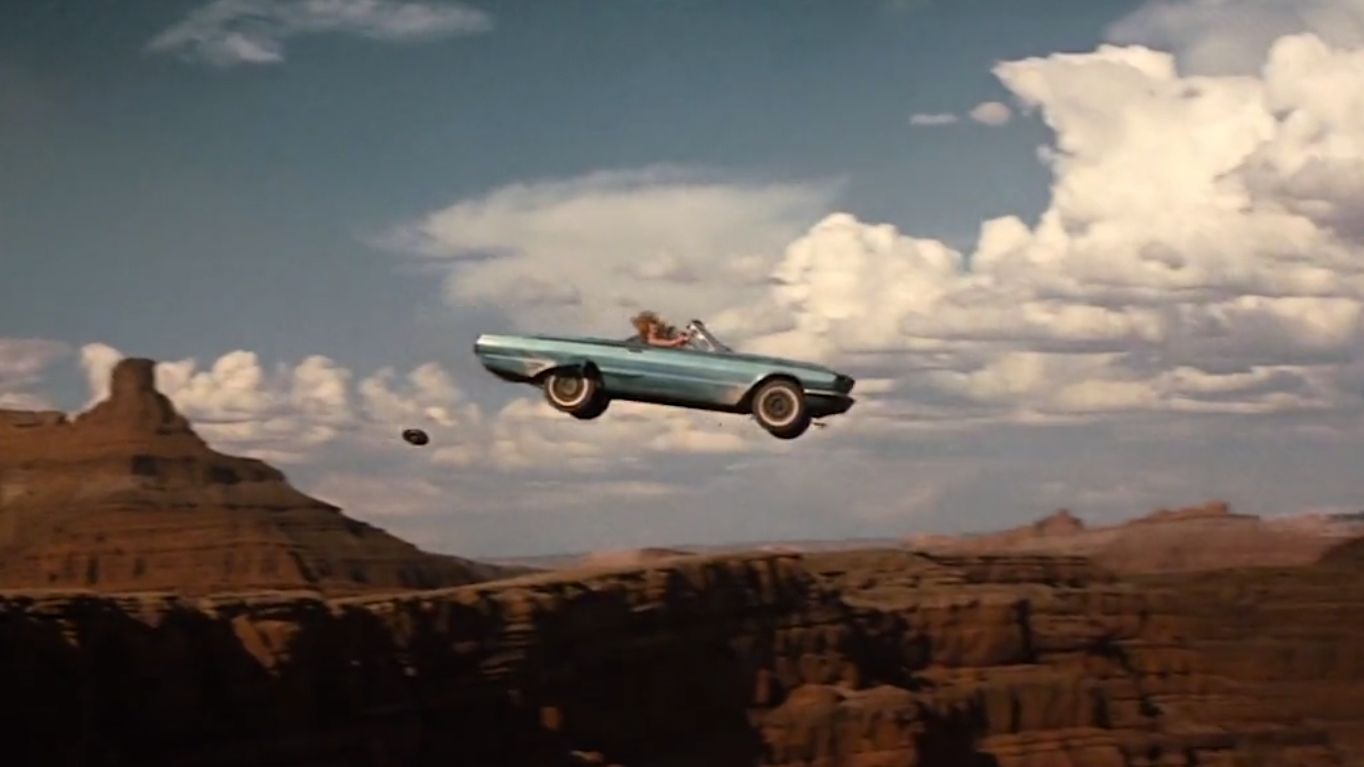(upper image) ⓒMemi Ketie Kokovich
1.
There are two interesting points in the movie Tenet (2020), a film that it is difficult to determine whether it was a box office success or failure. The first is the freeport, which the film describes as a kind of tax haven, a new concept for the storage of high-priced items, including artwork. The purchased paintings are not brought into the country but are kept in a warehouse in a secured area and then sent abroad when sold. That way, it is good that you donʼt have to pay taxes. But if you are going to do that, why would you buy a picture? No one sees it, and there is no exhibition. When ordinary people like me shop directly from abroad and do not pay import duties, the goods are left pending in the customs warehouse. After three days, you have to pay the warehouse fee. So, why do you have to pay a storage fee when buying something you will not use? The general explanation
is as follows: Freeportʼs warehouses can be visited, unlike those of the customs service, which cannot be accessed by the public. Internationally licensed companies create warehouses in collaboration with renowned architects and designers in bonded districts in locations such as Geneva, Singapore, and Hong Kong, and store the wealth of the rich. The rich go there three or four times a year to appreciate the paintings… Well... from the perspective of common sense, it is weird no matter what way you look at it. Can you say that you own the painting? There will be some reason for them to buy and sell back pictures. It could be for tax evasion purposes, or it could be art speculation. However, the most reasonable explanation is that what the rich hate most in the world is paying taxes. If you can avoid paying taxes, you can do anything! If you can just pay no tax, you donʼt even have to move things around!
The purpose and method of ownership seem to have been reversed, but the more I think about it, the more I have no reason but this: tax evasion. Isnʼt this something that proves that you are truly rich, not just modestly rich? It is proof that you are above state orders and territorial sanctions, a true cosmopolitan. The second interesting point is when Sator, the movieʼs villain, takes objects from the future. Tenet describes an area of the former Soviet Union abandoned after a nuclear test. What immediately comes to mind is a space like Chernobyl, a space cordoned off due to an accident or experiment, a dark place. The legendary novel Roadside Picnic (1972) by the former Soviet science-fiction novelist Arkady and Boris Strugatsky tells the story of people going to an unknown ‘Zoneʼ to get things. The Zone is a mysterious space in which aliens are believed to have come and gone. The objects found in the area are strange things that are contrary to the common scientific knowledge and the general logic governing humankind. People use these items to accumulate wealth and make weapons, and objects are found to be traded on the black market. This is a very similar setup to that in Tenet, and Christopher Nolan probably took inspiration from the ideas explored by the Strugatsky brothers. Interestingly, Nolan combines the characteristics of this zone with temporal shifts; time stops or runs backwards here.
2.
In the article ‘Duty Free Artʼ, Hito Steyerl describes the characteristics that suggest the ways in which contemporary art is informed by neoliberalism, often taking shape as a lack of time and space. Freeportʼs art storage is the best place to demonstrate this deficiency. According to the artist, art storage is already a major space in contemporary art. The Economist notes, ‘The freeport that opened in 2010 at Changi International Airport in Singapore is already near saturated. Monaco has a freeport. The “Freeport of Culture” planned in Beijing will become the worldʼs largest art collection facilityʼ. Steyerl describes these artworks and spaces as ‘a museum of the internet era where artworks stay inside boxes and travel outside national territories with a minimum of tracking or registration, but a museum of dark net, where movement is obscured, and data-space is clouded.ʼ▼1
The artworks here are free from all duties. So-called duty-free art is not obliged to fulfil, reproduce, or inform values, does not need justification, and must not serve its owners or serve as a means of anything. If the nation- state of the past recreates and educates the nationʼs history while creating a museum, the freeport of post-national capital offers no record and has no intention of making history. The freeport is not bound by time. I am reminded that Freeport in Tenet was a space in which time was inverted. In other words, a tax-free space is free from time. ‘Duty freeʼ means free from all obligations, including time constraints, and in the end what the rich want is to be free from time, not money, honour, or artwork; remember that Alphabet Inc. founded Calico, a biotech subsidiary that aims to conquer the ageing process.
3.
As for me, I first travelled abroad in my mid-twenties. When I said I was going to travel to Moscow, the first thing my mother said was that I should buy perfume at a duty-free shop. My father asked me to buy cigarettes or whiskey. Neither of them gave money... It took quite a long time to realise the significance of duty-free retail outlets. To be honest, I still donʼt know. So, the space in the boarding area is Korean territory, but it cannot be re-entered without immigration, tax is exempted, refugees are sometimes detained, goods that have not been paid customs are stored, factories with permission from the state are operated, and large corporations sell luxury goods... What? (What do they want to do here...?) What I am asking is, if we want to be free from the concepts of time and space (in other words, from taxes), why not permit this freedom to everyone, everywhere? Of course, contemporary phenomena that appear to be free in time and space are only deceptions, and they can be criticised as making mischief for neo-liberal states, financial systems and institutions, and transnational corporations. However, this is only a naive repetition of critical theory. As you try to add the weight of space-time, gravity works only on the powerless majority. Instead, how about accelerating the absence of space and time and applying it to everyone? This is to convert deprivation into freedom. Anthropologist David Graeber claimed that allowing all freedom of movement and residence between states is an essential condition when imagining post-capitalism. At the same time, we can imagine a future free of time from the perspective of Russian Cosmism. Cosmism was a Russian philosophical ideology in the early twentieth-century which advanced a very peculiar science and technology programme and philosophical ideology. Their slogan is the liberation of all, not of the few, and ‘immortality for allʼ. The attempts of transhumanists were imagined by the Cosminists for ‘all humanityʼ a hundred years ago. Is it a ridiculous fantasy? Perhaps, and yet this poses the possibility of thinking of time and space anew. Of course, it is a future also free from taxes.
-
1 Hito Steyerl, Duty Free Art, trans. Moon Hyejin and Kim Honggi, Seoul: Workroom Press, 2021.






